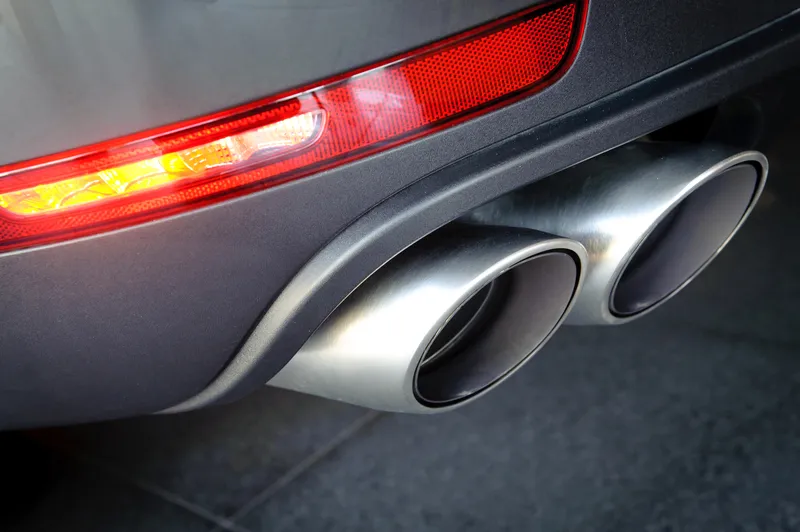A new report from Transport Research Laboratory (
The ‘Attitudes to AVs’ report shows that many people feel that AVs would help deliver a wide range of environmental, social and economic benefits.
In addition, the levels of trust in AVs among the people surveyed was also shown to be fairly high, with 55 per cent of respondents agreeing that they can trust an AV and 23 per cent saying they ‘somewhat’ agreed they would trust an AV to deliver them to their destination safely.
Chief scientist and research director, Transportation at TRL, Alan Stevens, commented: “While this survey looks at a relatively small and self-selecting sample of people, it is pleasing to see that so many of them were open to using an autonomous vehicle.
“Of course, there were also concerns expressed around certain parameters of an AV’s operation, namely the security of the software and what data the vehicle would store. However, these are issues that we are already beginning to address, with work taking place on various projects and trials.”
The study was run in conjunction with Royal Holloway as part of a larger project funded by the Economic and Social Research Council (ESRC), and took the form of an online survey, which received 233 responses.
Four out of five people ‘think autonomous vehicles are a good idea’
A new report from Transport Research Laboratory (TRL) and Royal Holloway, University of London, has revealed that four out of five of the people surveyed (81 per cent) are open to the idea of autonomous vehicles (AVs) on the UK’s roads. The ‘Attitudes to AVs’ report shows that many people feel that AVs would help deliver a wide range of environmental, social and economic benefits. In addition, the levels of trust in AVs among the people surveyed was also shown to be fairly high, with 55 per cent of responde
August 23, 2017
Read time: 2 mins








